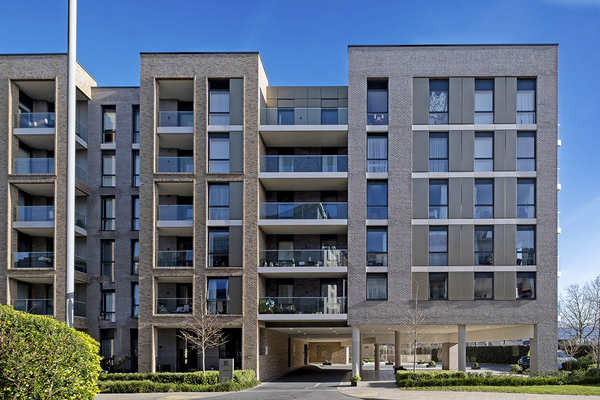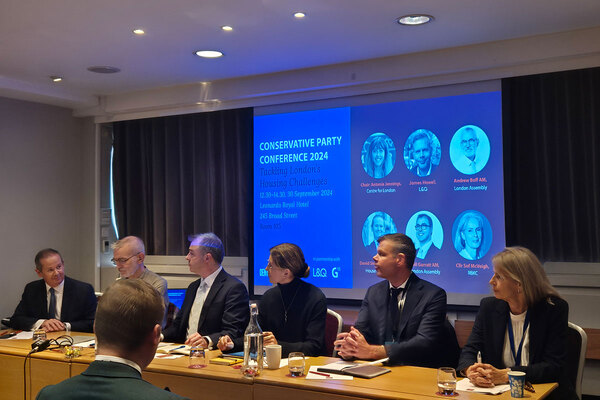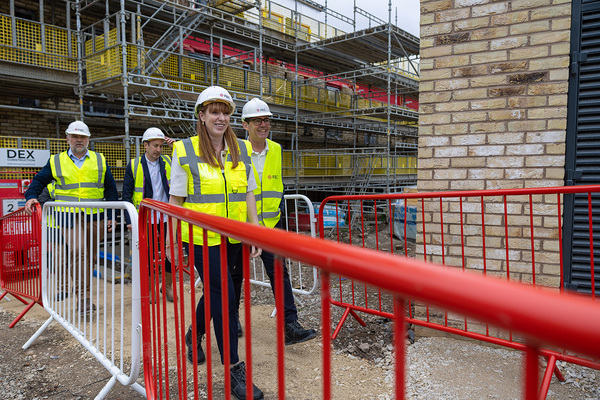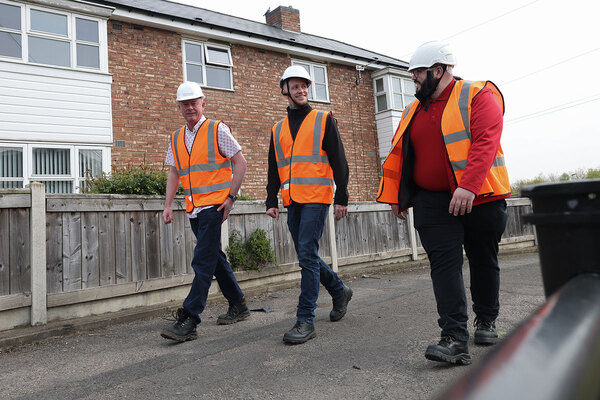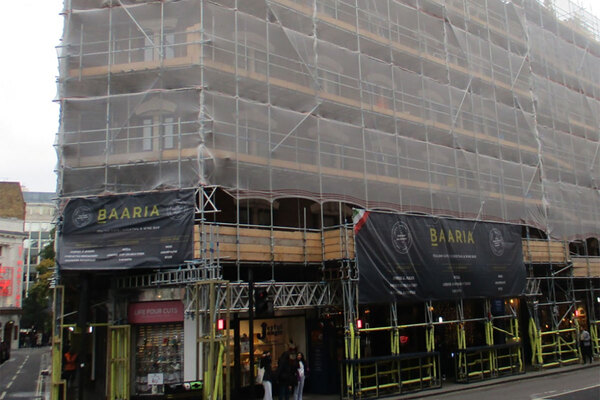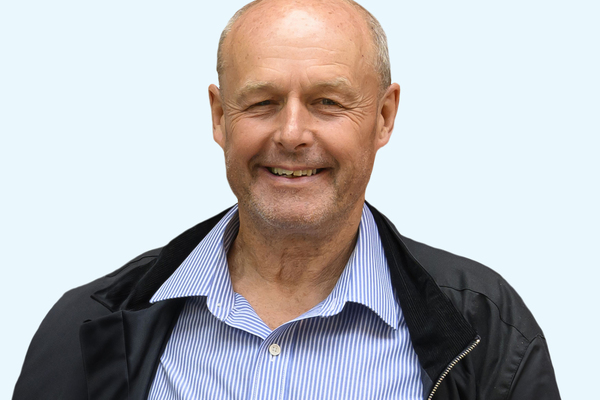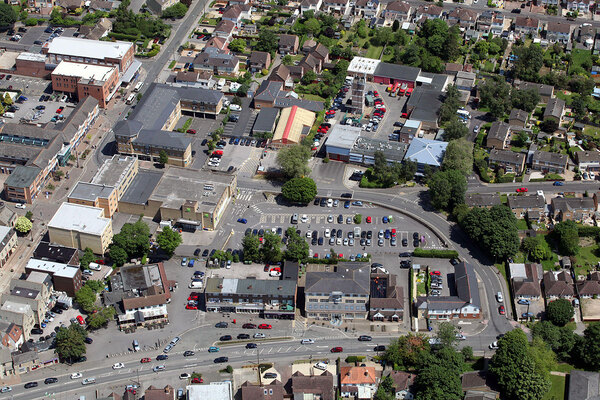You are viewing 1 of your 1 free articles
Shared ownership is ‘the devil’ that has ‘undermined the dream’ of homeownership, Wandsworth Conservative leader says
The leader of the Conservative group at Wandsworth Borough Council has described shared ownership as “the devil” that has “undermined the dream” of being a homeowner.
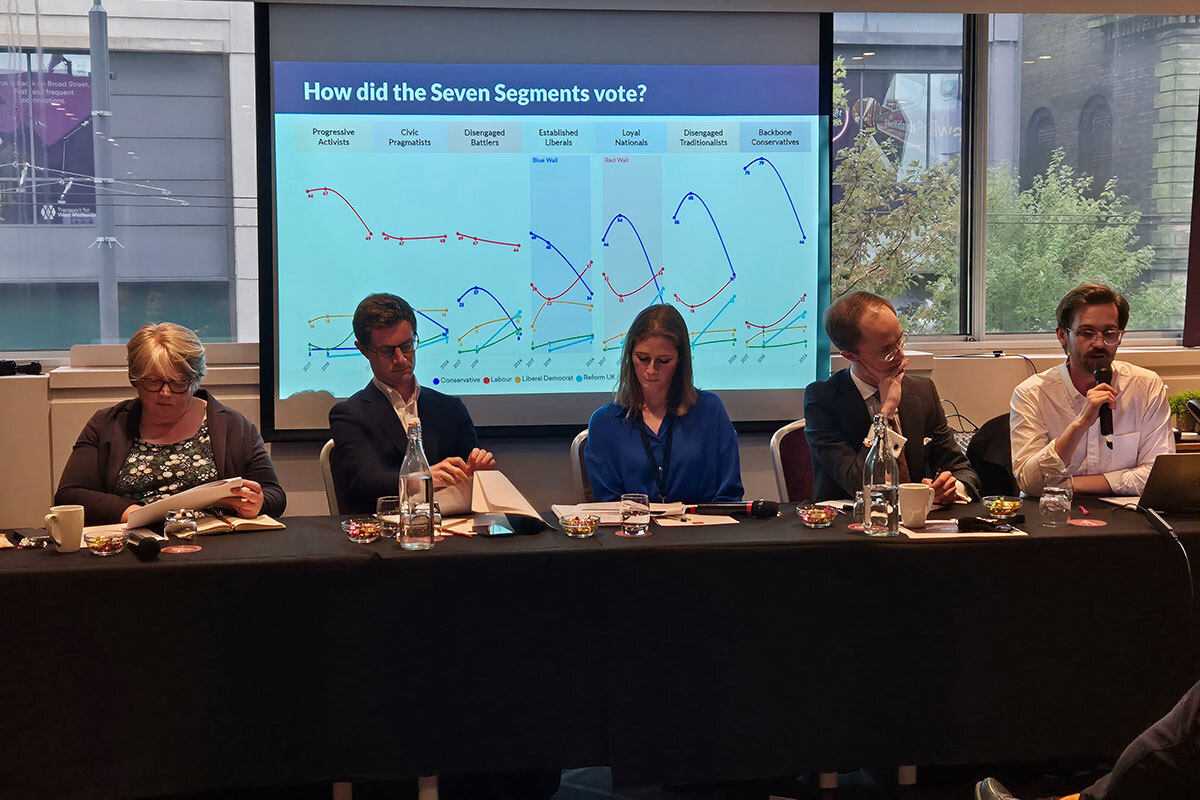
Aled Richards-Jones was sharing his thoughts on his party’s record on housebuilding and what lessons can be learned from the past 14 years.
He said: “I think shared ownership is the devil. I really think it’s awful.”
Mr Richard-Jones was responding to a question from an attendee during a panel session called ‘nimby or yimby: what lessons can be learned from the Conservatives’ record on housing?’ at the Conservative Party Conference.
The Wandsworth councillor said he believed that some of the affordable housing tenures his party had experimented with while in government had been good, but “some have been born in an absolute desperation, and actually we have driven people away from us as a party as a result”.
Mr Richard-Jones explained some of the issues shared owners often raise, such as being unable to sell a share without the consent of the freeholder, which results in a “cut in their share of the equity”.
He added: “So what this product has done is absolutely undermined the promise and dream of being an owner in that sense, and has sort of trapped people into purgatory between ‘I’m not an owner because I’m still renting and I don’t have the mobility of the asset that I thought.’”
Inside Housing revealed last month that shared owners who have purchased a flat on an estate where the landlord is not the freeholder are less able to extend their lease under the statutory route.
One legal expert said this is due to a “loophole” in shared ownership legislation that is poorly understood.
Mr Richard-Jones was joined on panel by former deputy prime minister Dame Thérèse Coffey, who lost her Suffolk Coastal seat at the last general election in July.
She took a pop at the social housing sector while talking up some of her own ideas while she was at the Department for Work and Pensions.
Dame Coffey said: “Both Michael [Gove] and I were very clear, we had to build more social housing. And I have to say, most housing associations are absolutely hopeless, truly awful.
“They’re more interested in fogging off homes than they are in actually filling homes.”
She then went on to discuss the size of the housing benefit bill and a scheme she had hoped to get off the ground called ‘benefits to bricks’.
“So that’s where the benefits to bricks idea we had was two-fold. One was about unlocking the supply. The second was about turning your payment on social rent and our housing benefit contribution and turning effectively into a mortgage.
“In that in a much shorter amount of time, instead of people having housing support for 50 to 60 years, you would actually pay off the house a lot more quickly and you wouldn’t be paying rent for that family anymore.
“Then going further by extending Right to Buy while still making sure that you replaced every home that you did, you’d be in a situation where you could start to reduce the curve,” Dame Coffey explained.
Samuel Hughes, head of housing at the Centre for Policy Studies, told delegates that he felt the changes to the National Planning Policy Framework were “clumsy” and will eventually deliver the Labour Party a heavy political price.
He said the problem has always been that opposing parties will get elected and rip up everything the other party has been doing, alongside only building in places where it is politically expedient at the time.
Mr Hughes said there is a “win-win” solution that could avoid this in the long term, which involves getting the buy-in of communities early on. He cited the success of estate regeneration ballots across London.
Also at the Conservative Party Conference in Birmingham this week, a Greater London Authority member called for planning permissions to be shorter to incentivise developers to build out more quickly on sites across the capital.
Sign up for our asset management newsletter
Already have an account? Click here to manage your newsletters
